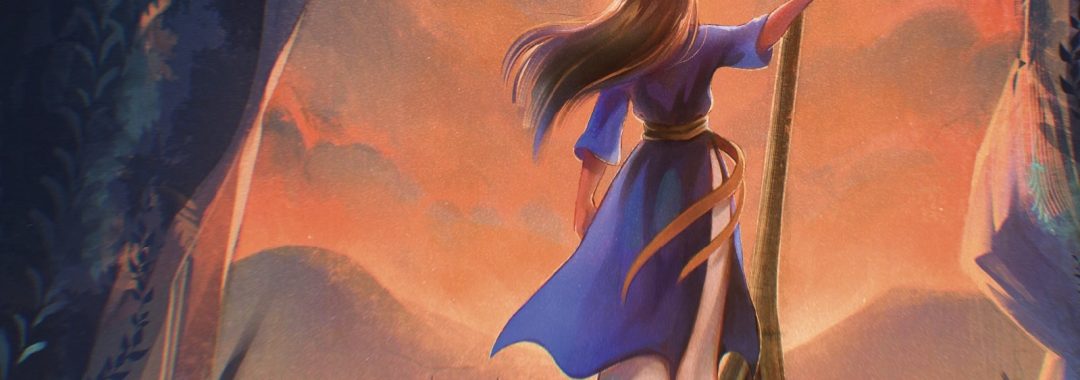Thank you for the beautiful story that is A Bad Place Best Forgotten. What was your original inspiration for the book? Where did the story start for you?
Thinking back and reflecting about my creative process, I believe my first inkling was a monster-in-a closet story. A door that must never, under any circumstances, be opened. From there, the story sprawled forth.
The larger fantasy world in which these events take place derives from a much earlier creative process, even as far back as my primordial early childhood when I first began visiting the deserts of Lagin in temporal-lobe-fueled visions. Over my fifty-some years, this world has spawned a great many stories, a few of which have been published in the pages of Spoon Knife anthologies. This one, A Bad Place Best Forgotten, is my first novel-length story and is intended as an introduction to the world and characters who will be important in the stories to come.
I really appreciate the relationship between Ejertine and Hava. Thank you for giving representation to love and trust without any romance. Is there anything you would like readers to learn from their friendship, and apply to their own lives?
There’s no romantic love between these two, but there is definitely love and even a mystical connection. This is why in the first line of the book her ghost appears to him.
I would describe their relationship as layered and complex. And not altogether healthy. The Ejertine we meet at the start of the book has some hang-ups when it comes to Hava. He’s idolized her and tormented himself with guilt to such an extent that he hasn’t been able to move on with his own life, even 20 years later. Over the course of the book, we get to see Ejertine emerge as a more actualized version of himself as he confronts the demons of his past.
Hava, too, has some work to do on herself. You will learn more about her side of the equation in the next book, Give Me to the River, planned for release in 2026.
I like stories about complex, flawed humans trying their best to do right by one other, trying their best to overcome past mistakes and trauma to support, heal, protect one another. This is what real loving human relationships are like. If there is something to be learned here, perhaps it is to learn to recognize and value such non-romantic love. Human connection can run deep, transcending decades of lost contact, transcending past trauma, transcending even death. Also, you can be soul mates without boinking.
The ethical issue you present with Elevaer as a baby is truly fascinating. That moment on the ship, where Olio intervenes, at what point in the creation process did that scene come to you? It’s so powerful.
I didn’t plan that scene ahead of time, but it played out as a logical sequence of events for how those characters would behave given their situation and where they were in their emotional journeys. I don’t know that Elevaer was in real peril, but the mere contemplation of the unthinkable act is enough to deliver the emotional impact.
And what is next for you as a writer? We, your readers, are waiting with bated breath.
Buckle up! In the next book, Give Me to the River, we get to hear directly from Hava herself, rather than from the men in her life. We get to walk a while in Hava’s shoes and see what she’s really been up to, and what makes her such an exceptional person, and how she conducts herself after death. You are in for some surprising revelations and a deeper understanding of the events from the first book.
Don’t worry, we’ll also be returning to Ejertine’s storyline when the time is right. At the end of A Bad Place Best Forgotten, he promises you nine and ninety more tales. I aim to deliver these, lifespan permitting. Decades in the making, this series of fantasy adventure stories is finally ready to share with the world, and I couldn’t be more excited.
I am also developing a series of historical fiction stories set in the Cherokee Nation in the 19th century. My parents, avid students and keepers of Cherokee history and culture, have assisted me in my research over the past several years. Most of what is written about this time and place are misleading half-truths or bald-faced untruths tainted by racist misconceptions and sensationalism, and much of the historical fiction is frankly insulting. So part of my motivation is to help set the record straight and provide a native perspective. My other intent is to reintroduce historical events, movements, and people largely forgotten or misremembered but acutely relevant to society today.
